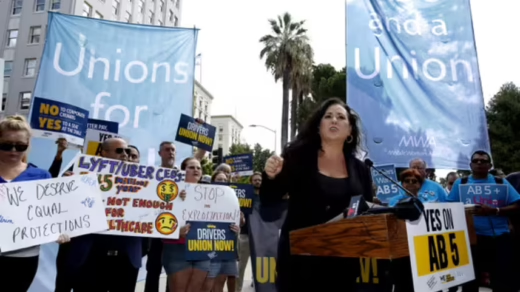
The morals of capital punishment have been heavily contested by legal professionals and the general public alike. Critics argue that it violates fundamental human rights and perpetuates cycles of violence, while supporters maintain that it delivers justice, deters crime, and brings closure to victims’ families.
On December 16, 2012, a 23-year-old physiotherapy student, later known as “Nirbhaya” (a pseudonym meaning “fearless”), was brutally gang-raped and assaulted on a moving bus in Delhi, India. Under a swift trial fueled by public rage four of the adult convicts were sentenced to death, and the sentences were carried out in March 2020. The sheer inhumanity of the crime made it a case that many believed warranted the harshest possible punishment. Streets all over India were filled with protesters shouting ‘Hang the rapist’, demanding a change in Indian rape laws.
Many believe that implementing capital punishment instills fear and may serve as a powerful deterrent against committing such heinous acts. Supporters also assert that in cases of extreme violence, like the Nirbhaya case, capital punishment is not only a just response but a moral obligation to honor the victim and provide closure to the affected families.
However, the argument on the ethics of the death penalty are not that simple. While it’s easy to demand the hanging of rapists after such inhuman acts, it’s important to understand that implementing and executing the death penalty is a complex process. It involves questions about the unreliability of the justice system, potential biases, and whether the state should wield the power to take a life, but most importantly, the decision on whether to take a life or not.
On the 27th of April 2022 Nagaenthran K. Dharmalingam, a Malaysian with significant learning disabilities was executed in Singapore. He was caught trafficking a bundle of 42.7 grams (1.5 oz) of heroin. Singapore’s strict drug laws dictate mandatory capital punishment for drug trafficking, but Nagaenthran’s case was not that simple. He pleaded guilty to the charges, but stated that he was threatened into committing the crime by a ringleader of a large drug trafficking network. Additionally, his defense argued that his low IQ of 69 and cognitive impairments should have him disqualified from facing the death penalty. His lawyers and human rights advocates contended that his execution would violate international human rights standards. Despite this, he was executed.
His death and trial sparked numerous protests in Singapore against the death penalty. Protesters called the government ‘heartless’ and demanded them to ‘end crime not life’. However, the Singaporean government believes that its strict laws help deter crime and have transformed Singapore into one of the safest places in the world.
In addition to the controversies surrounding specific cases, there are broader concerns about the fairness of the death penalty. Many believe that the death penalty unfairly affects lower income groups that lack access to both quality legal representation and the societal influence that gets privileged individuals out of jail. Additionally, longstanding biases in certain regions may lead to the unjust execution of minorities. Research indicates that racial minorities in the United States, specifically those of African-American descent are more likely to be subject to capital punishment.
The debate over the death penalty reflects broader questions about how societies define justice, the role of punishment, and the value of human life. While it may deter crime, it may also not be a long-standing solution. For instance, India’s rape problem is suggested to be deeply rooted in its patriarchal society and the gender inequality that exists within it. While seemingly just, the death penalty may not solve this issue that requires fundamental reforms in societal attitudes towards women. As legal systems and societies continue to evolve, ongoing reform efforts will be crucial in shaping a more equitable approach to criminal justice.
Written by Ananya Nambiar


